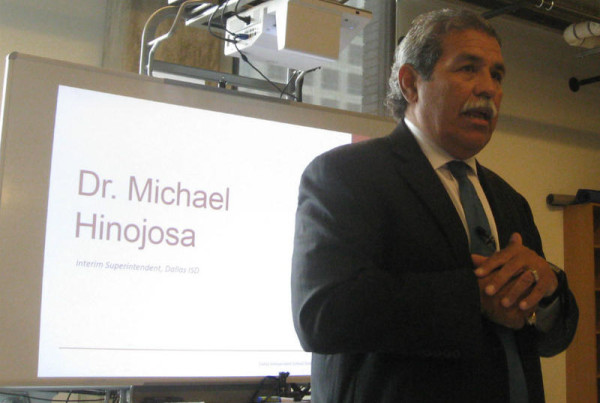According to the latest statistics, about 12 of every 10,000 Texans are living homeless, many of whom have an intellectual or developmental disability. While state programs and aid are available, the wait times are daunting. Some services have lists with applicants waiting for well over a decade.
Some reports rank Texas near last place with regard to well-being of those with intellectual disabilities. John Savage has been following the story for the Texas Observer.
“The fundamental problem in Texas is that the demand for services is outweighed by the available resources,” Savage says. “The state underfunds services for people with intellectual disabilities. That says something about our state’s priorities.”
The standard definition of intellectual disability is an IQ around 70 or below and problems with daily living skills, he says. His story focuses on Betty Calderon, a woman with intellectual disabilities and a family that lives in poverty. Savage says she’s among those who qualify for state aid, but so do 73,000 others.
“It’s a mind-blowing number, waiting for these home and community-based services,” Savage says. “Most states have waiting lists, but Texas is by far the largest waiting list.”
For homeless people with intellectual disabilities, a private facility funded by the state would likely be the best living situation, especially if their families can’t take care of them. But the amount of paperwork required to be admitted to homes like that often means these people need an advocate to help them with the process. If they don’t have anyone that can help, they get lost in the system and fall further behind. Savage says the fix is, simply, more money.
“If you look at the states that do a good job serving their citizens with intellectual disability,” Savage says, “they spend more money.”
Listen to the full interview in the audio player above.
















